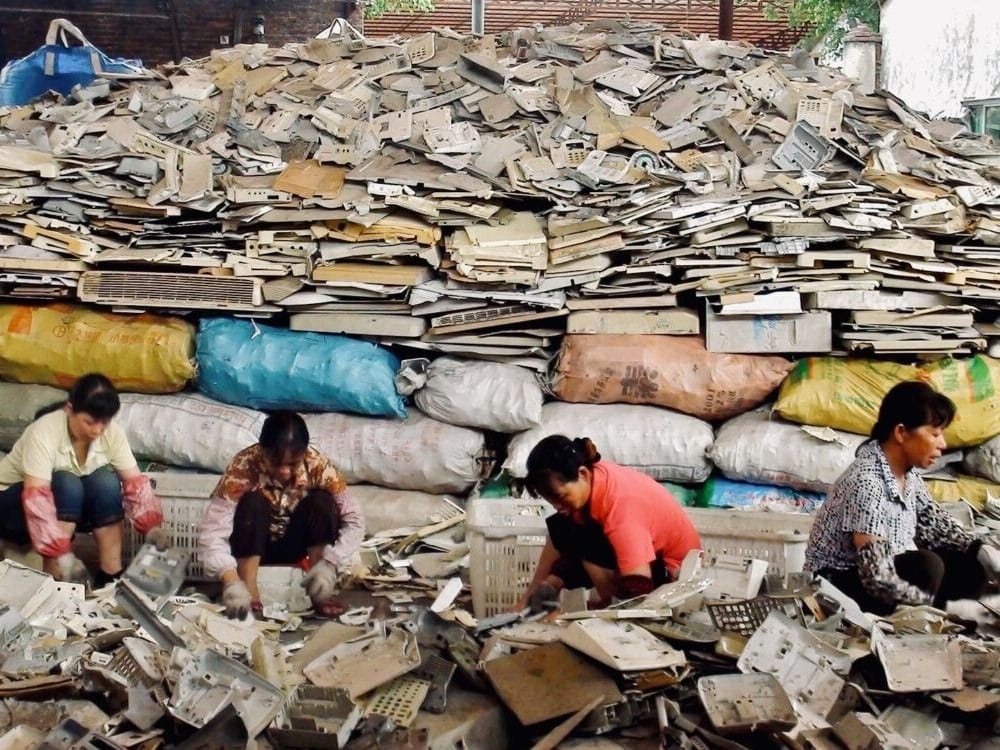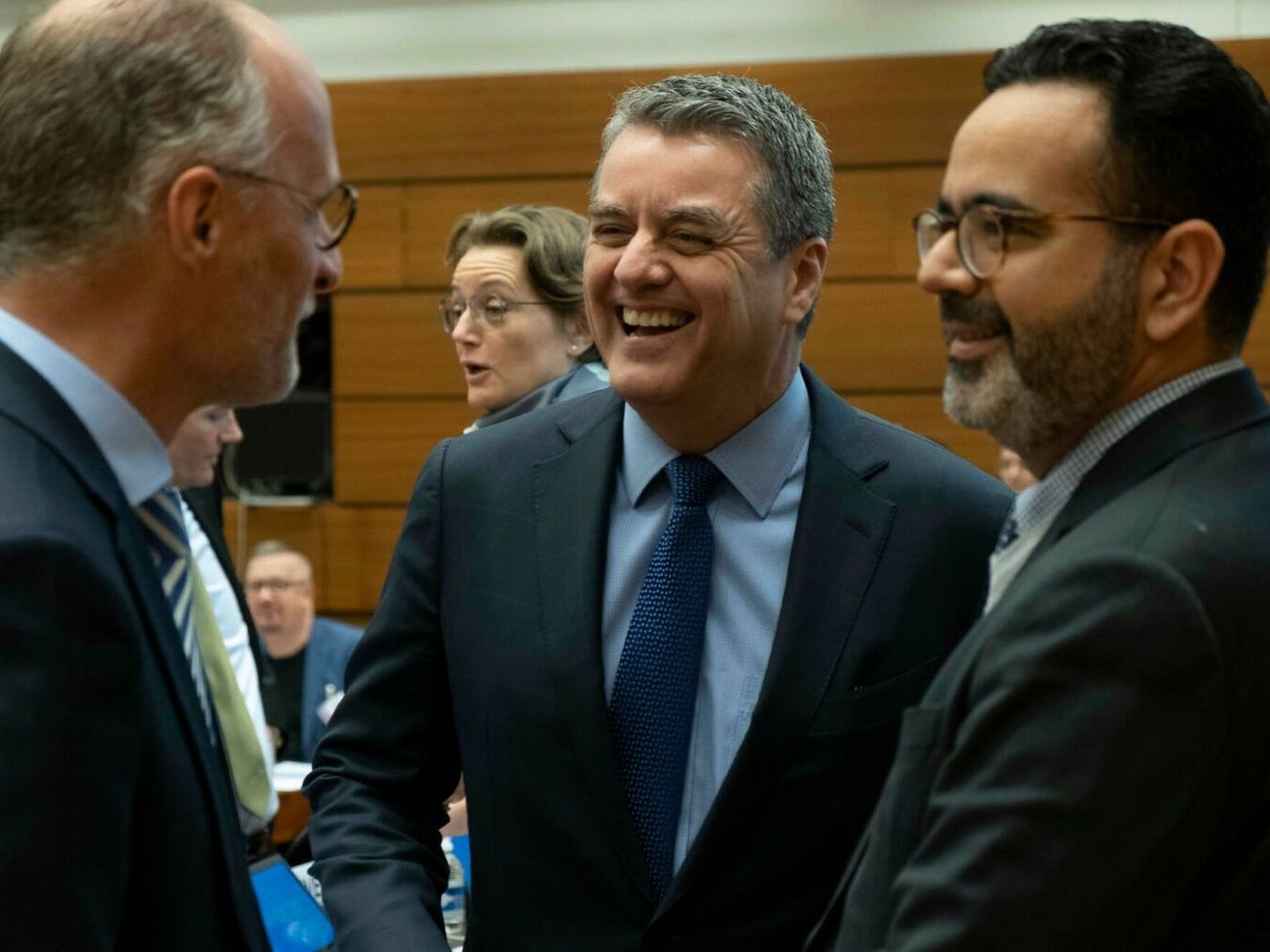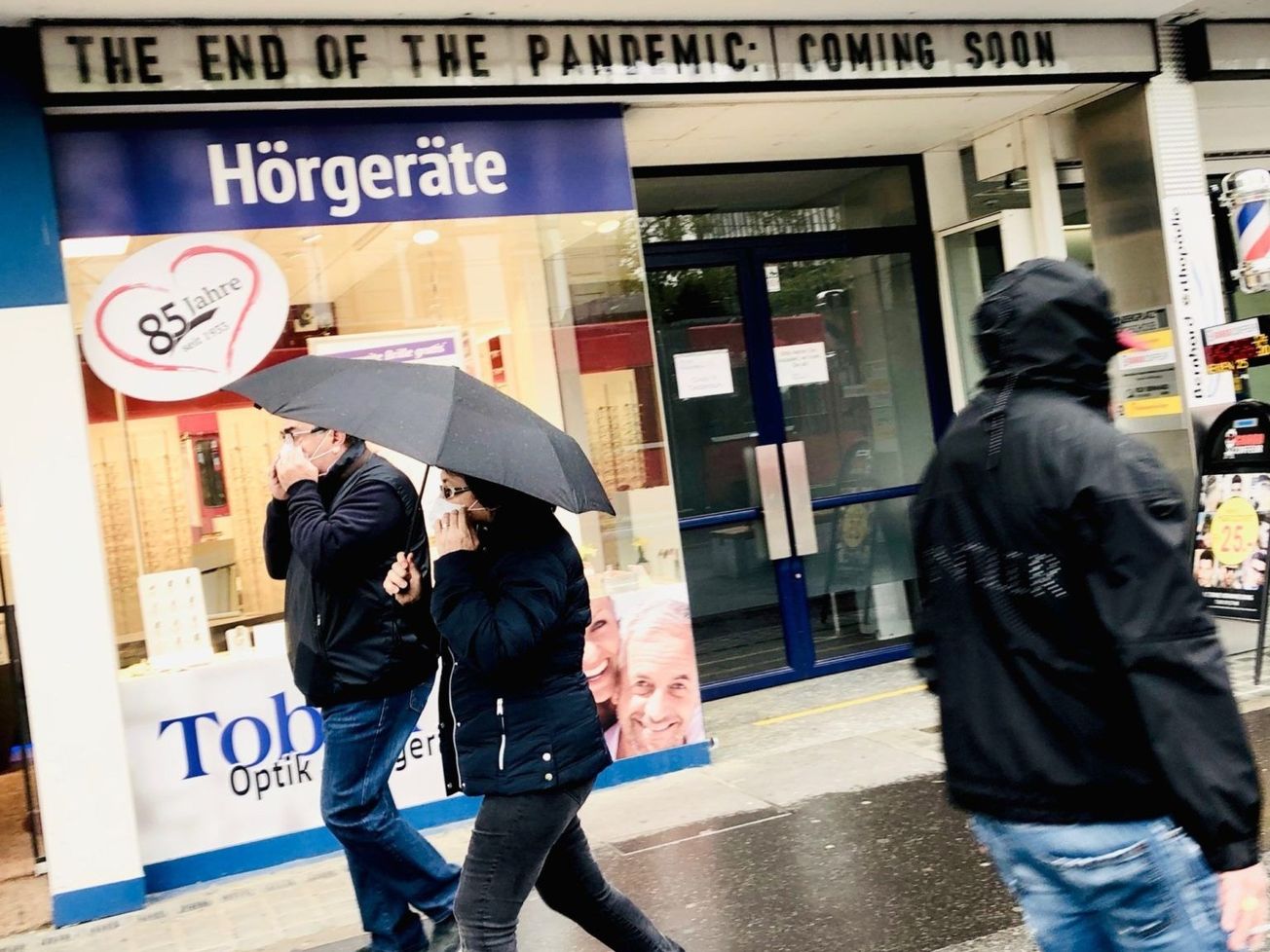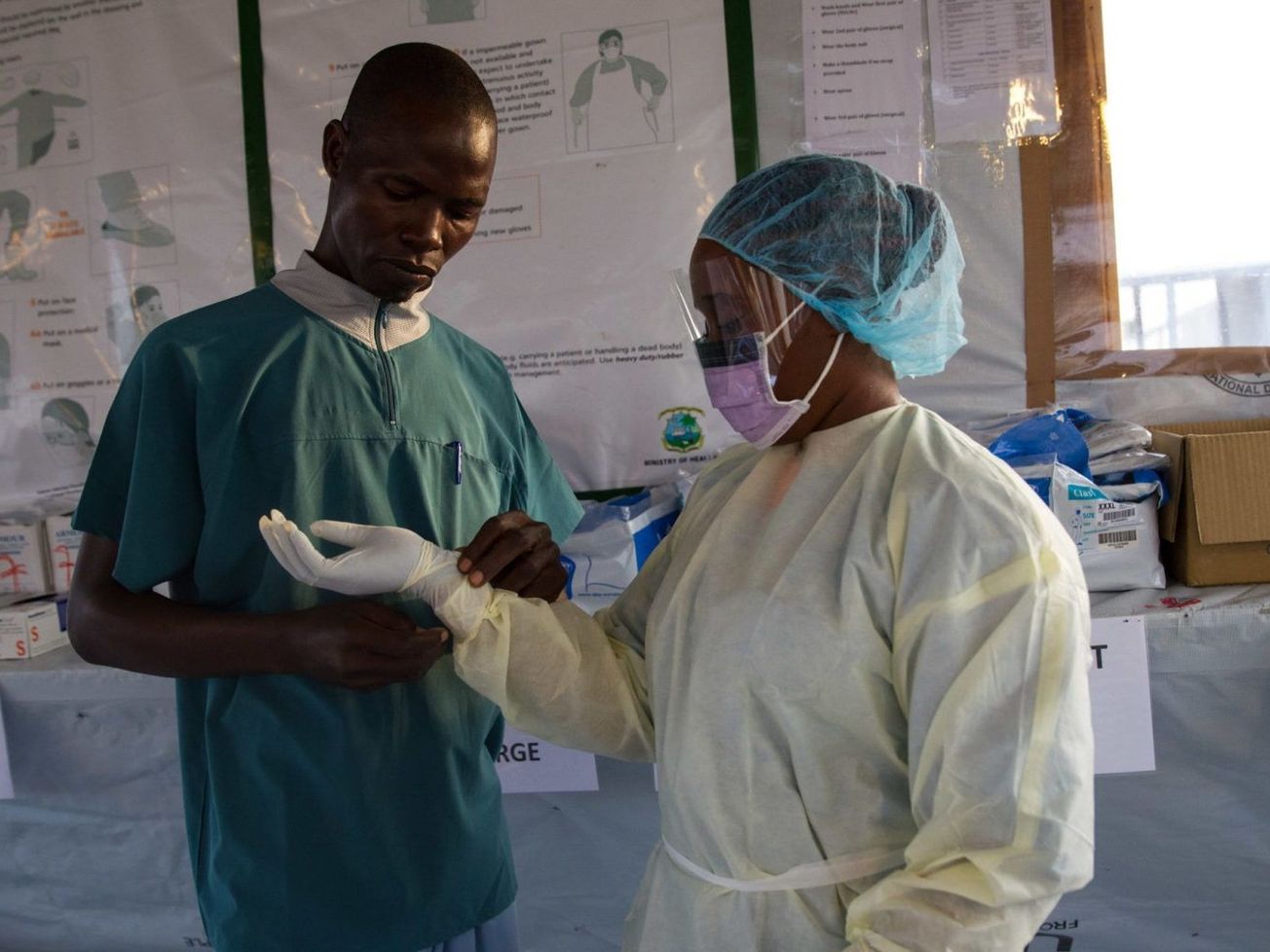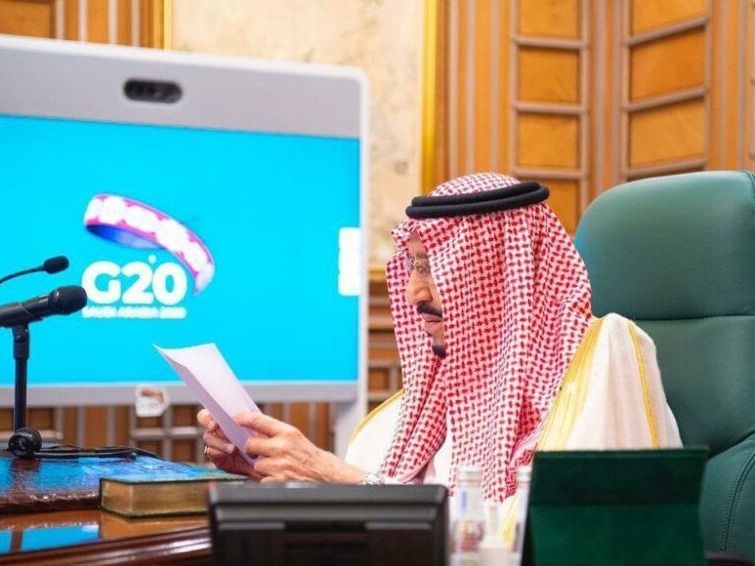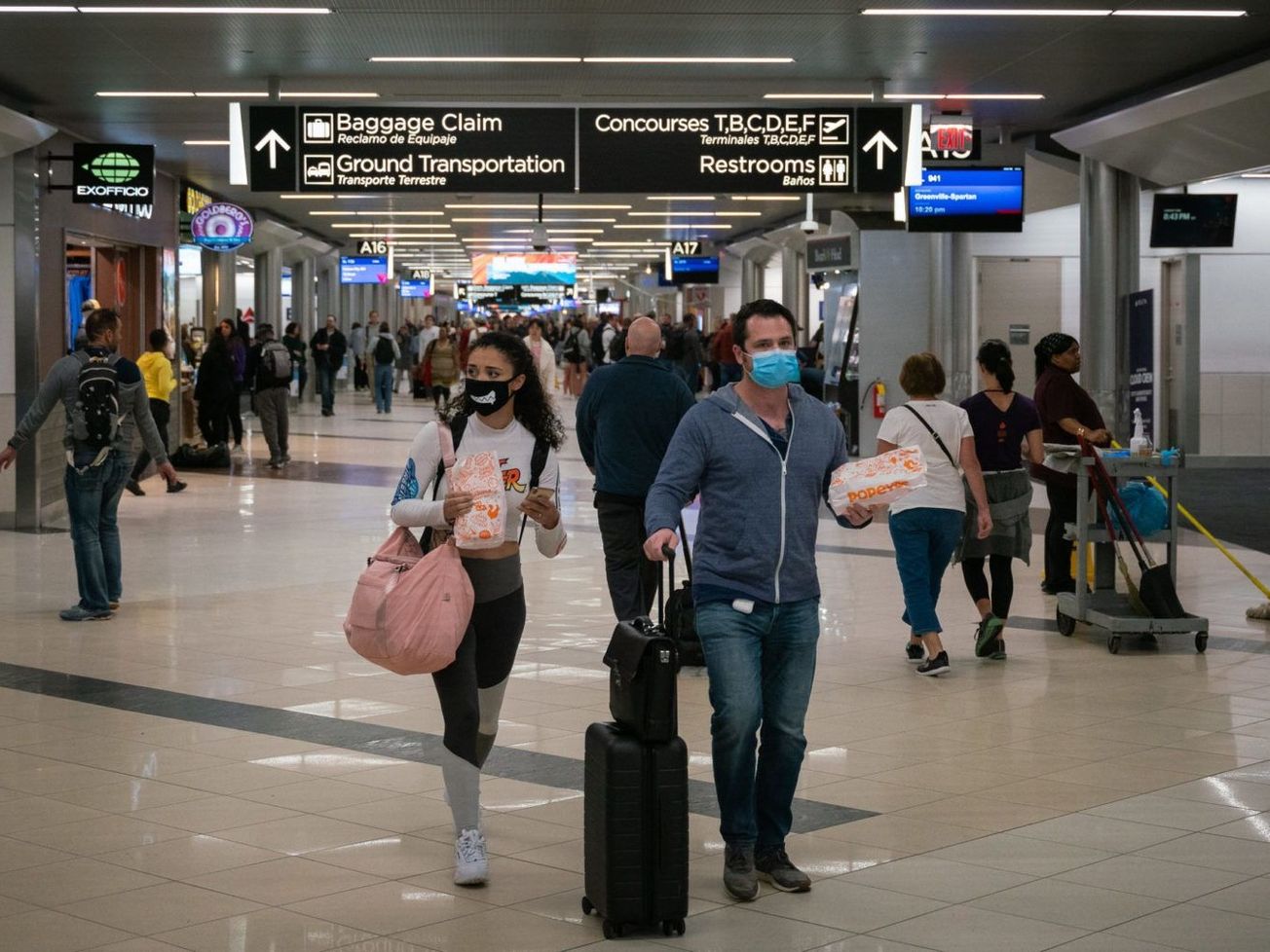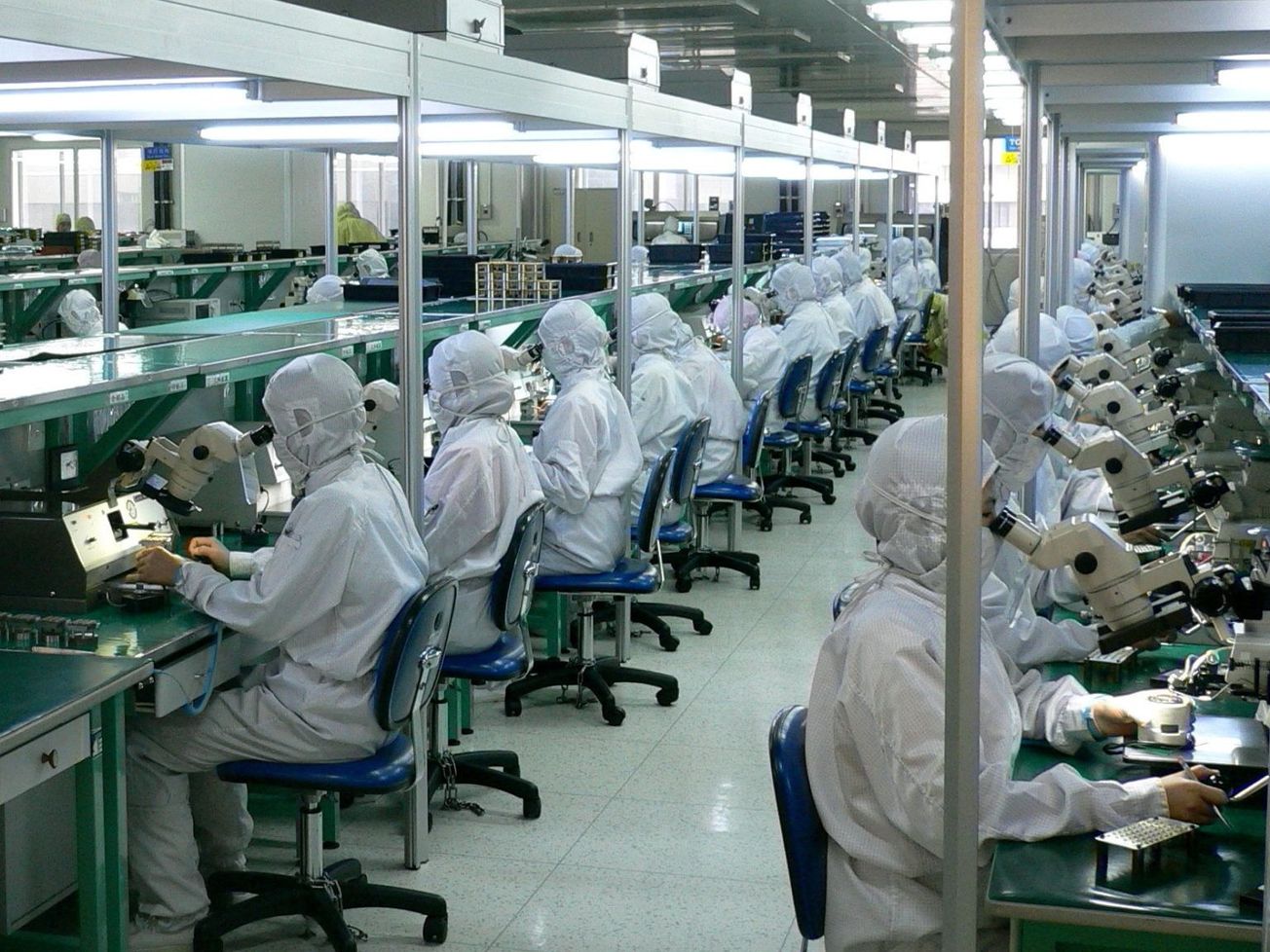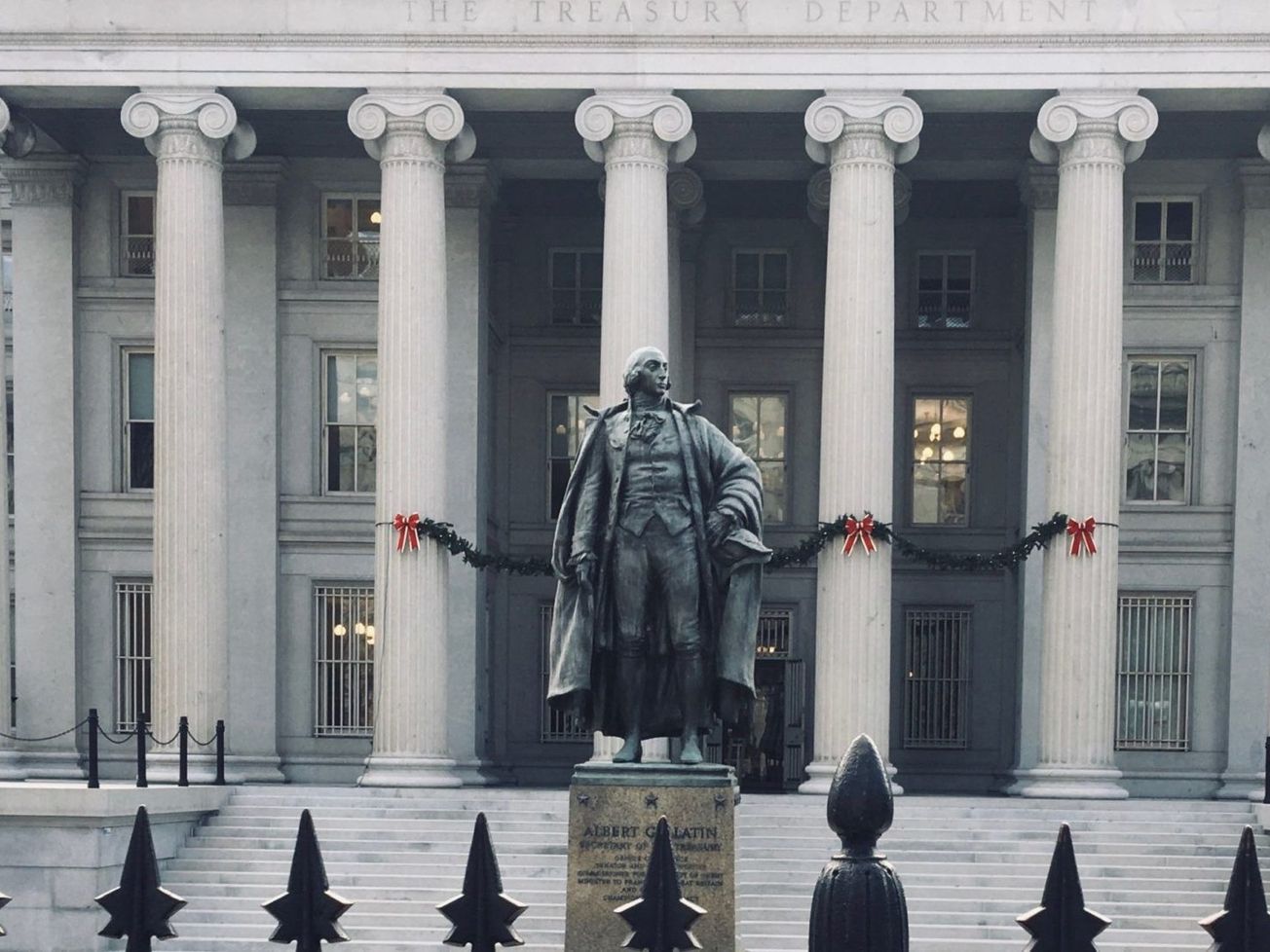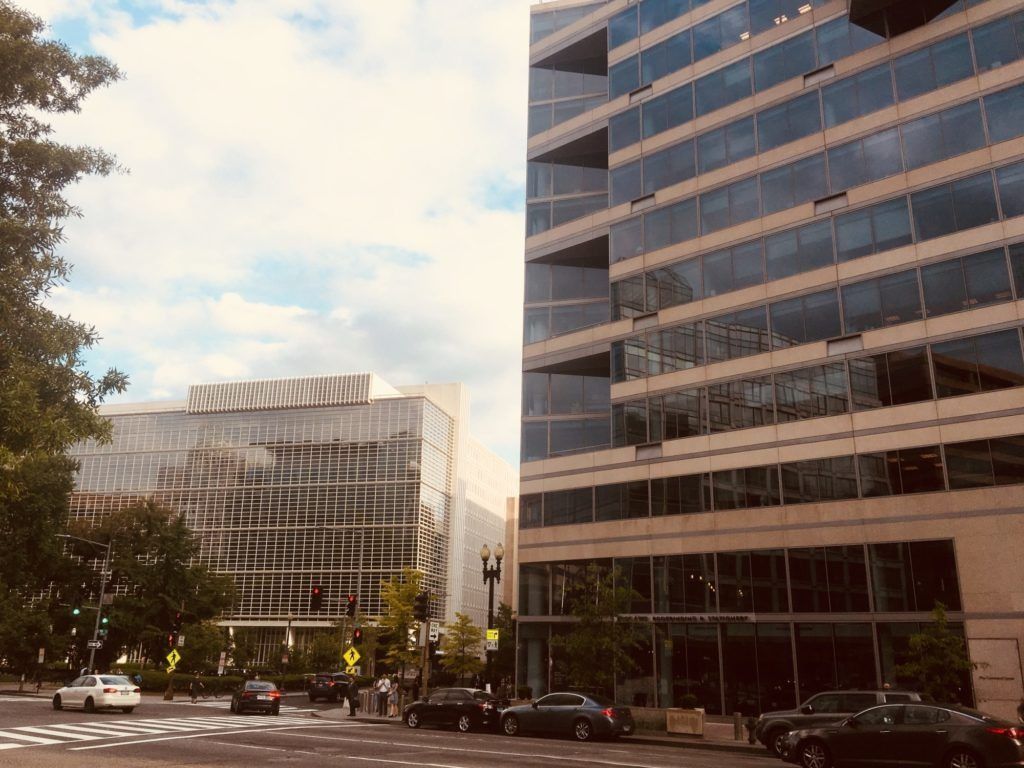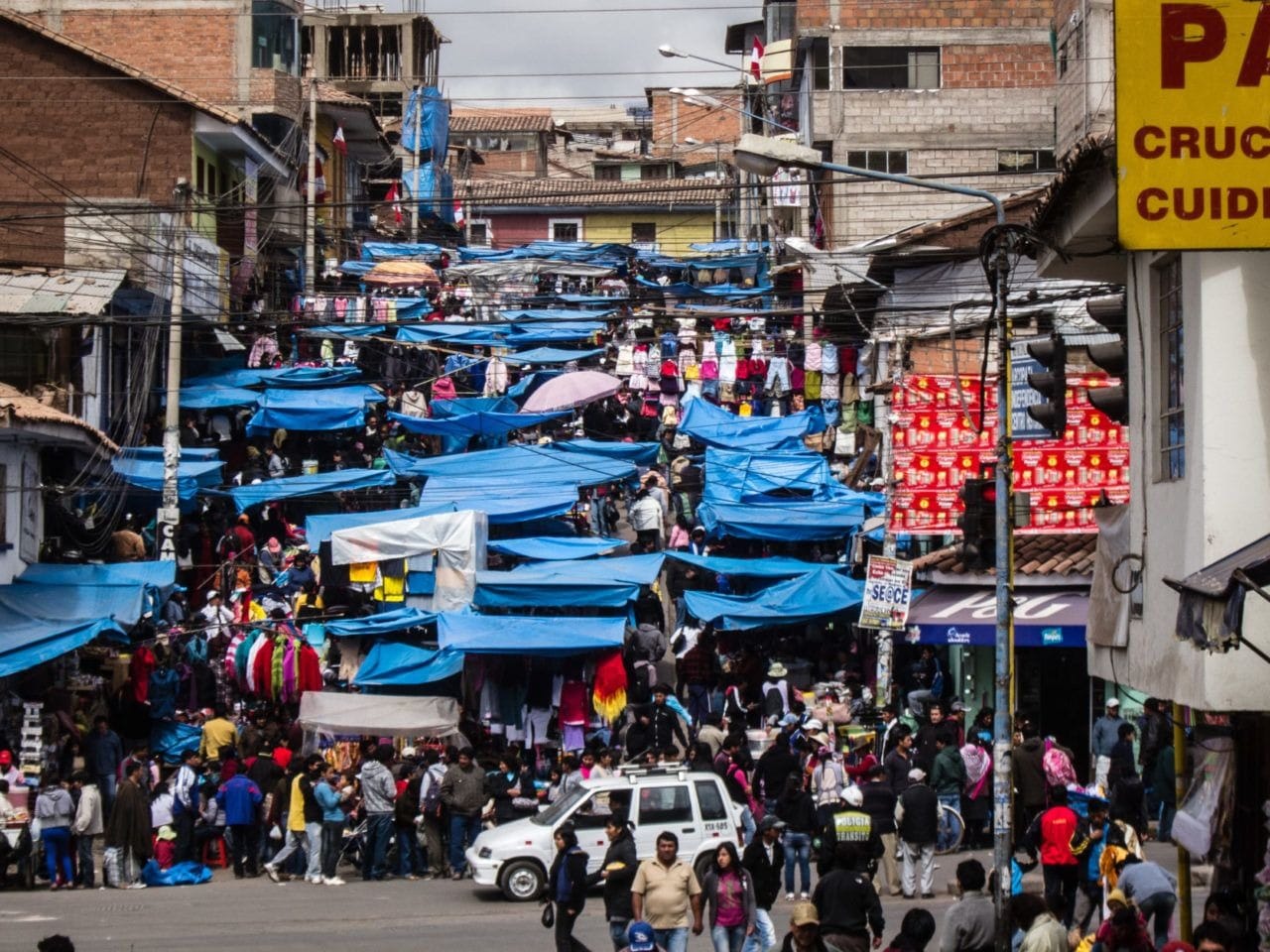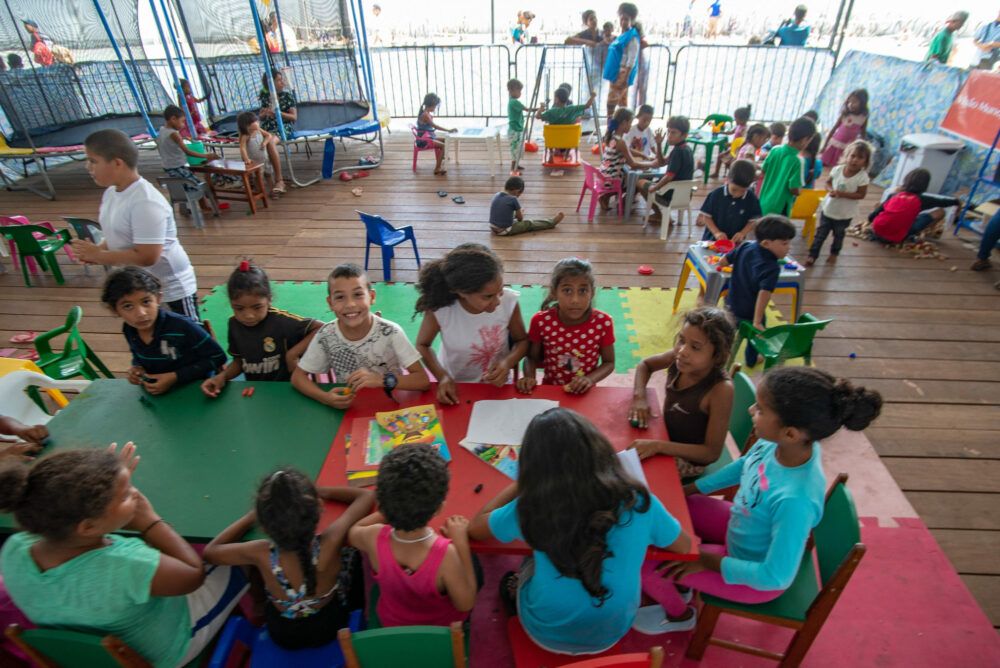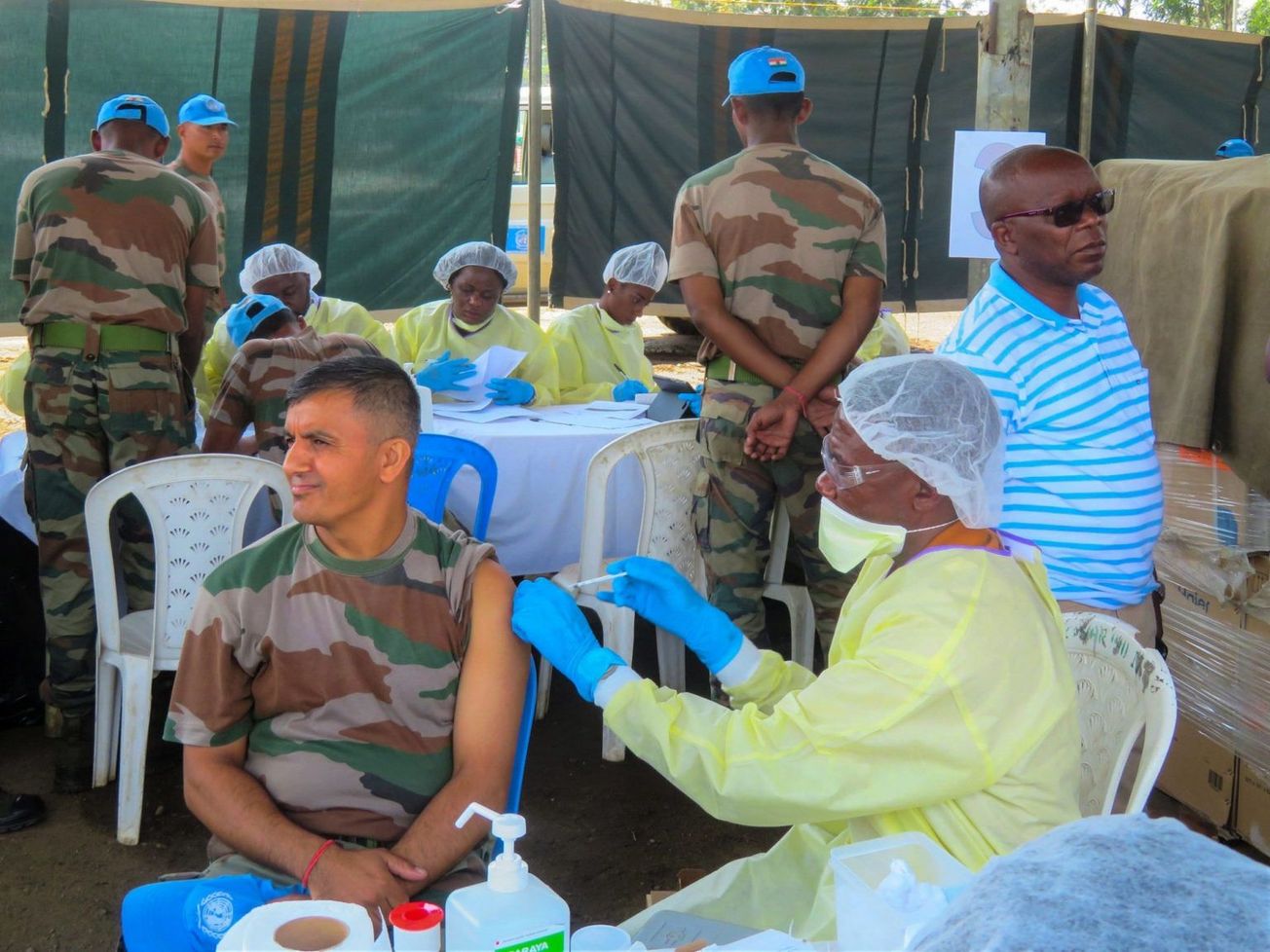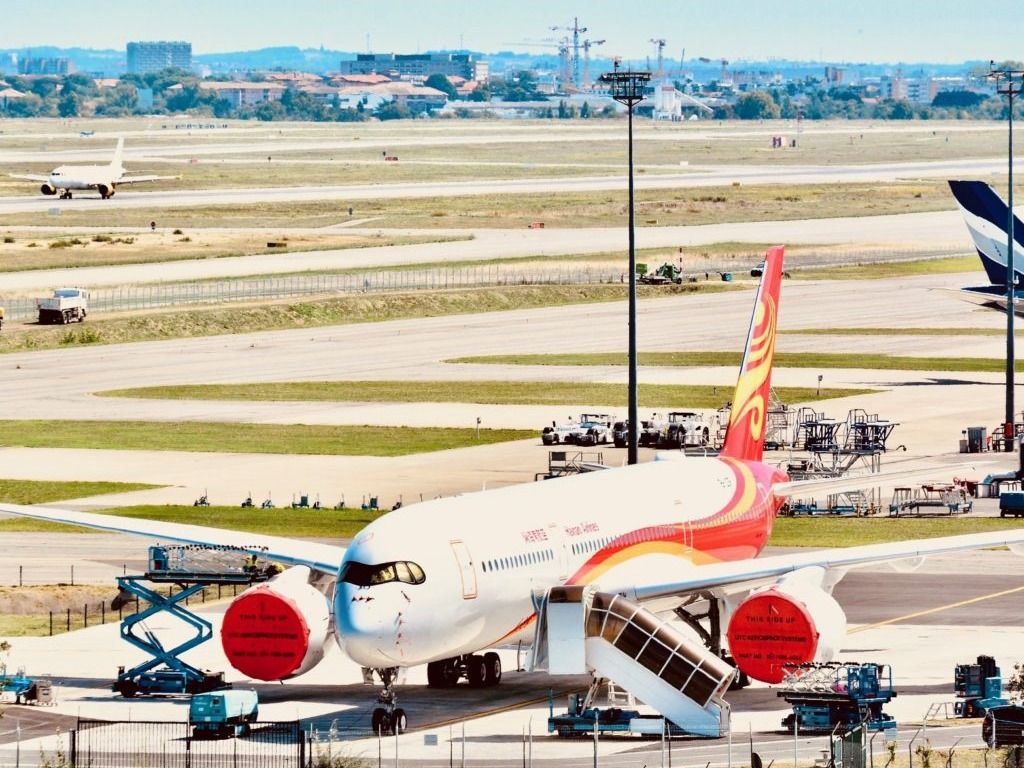
Organizations call on G-20 to cancel debts
Four anti-poverty international organizations called on G-20 finance ministers to cancel debts in poor nations so they can deal with the COVID-19 pandemic.
Founded in 1944, the Washington-based World Bank Group provides financial and technical assistance to developing countries around the world. Its mission is to fight poverty and to help people help themselves and their environment.

Already have an account? Log in
Four anti-poverty international organizations called on G-20 finance ministers to cancel debts in poor nations so they can deal with the COVID-19 pandemic.
Eight contenders from Britain, Egypt, Kenya, Mexico, Moldova, Nigeria, Saudi Arabia and South Korea have until September 7 to campaign for the job of WTO chief.
A big problem, the organizations say, is that collection and recycling programs don't keep pace with the rising pollution.
The embattled WTO shifted to selecting a new director-general in an expected race between candidates from Mexico, Africa and Europe.
Humanitarian organizations offered guidelines to help 1.5 billion students who face "an unprecedented risk" if the pandemic keeps schools closed for long.
The African Development Bank Group launched emergency measures to provide up to $10 billion in credit for those struggling with the coronavirus pandemic.
G-20 major economies promised to spend more than $5 trillion to prop up the global economy and hasten recovery from the pandemic.
WHO and two international foundations launched a first-of-its-kind fund to help vulnerable populations and weak health systems cope with the pandemic.
Trade economists who advise the U.N. warned COVID-19 could cost the world economy up to $2 trillion in 2020 and push nations into recession.
The global coronavirus outbreak likely caused a $50 billion decline in manufacturing exports from China in February alone.
G-7 finance chiefs vowed to safeguard their economies from the coronavirus outbreak, but did not offer specifics about what they might be prepared to do.
The World Bank's benchmark bond was set at its tightest spread to U.S. treasuries in the organization's history.
Developing nations ran up $55 trillion of debt in 2018 as part of an eight-year debt surge that is the largest in a half-century, the World Bank said.
Six countries and the U.N. opened the first Global Refugee Forum to help poor nations overwhelmed by taking in people fleeing for safety across borders.
A public–private global health partnership said it will invest US$178 million to establish an emergency stockpile of 500,000 Ebola vaccine doses worldwide.
World Bank and International Monetary Fund leaders called on 189 member nations for help in easing trade and geopolitical tensions.

